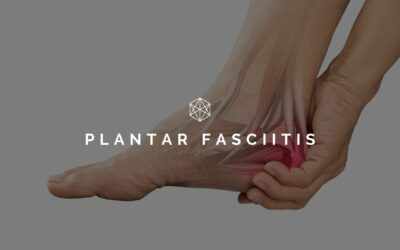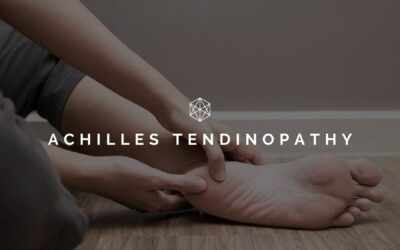What should I do if I have an acute injury?
The level of pain usually indicates the seriousness of an injury. If you experience severe pain, extensive bruising or immediate swelling you should seek professional help. However for mild sprains and strains you can self-treat using the PRICE principles as soon as you can. You should continue with this advice for the first 72 hours following an injury. If pain and swelling persist please contact your GP or a Chartered Physiotherapist.
After injuring a ligament or muscle you are looking to decrease post-injury swelling, bleeding, and pain. During the first 24 hours, avoid:
- Very hot showers
- Heat rubs (e.g. Deep Heat, Wintergreen)
- Hot packs
- Drinking alcohol (it will increase the extent of the bleeding in the injured site)
The PRICE regimen
The PRICE regimen is the most important aspect of the initial management of a sprain/strain.
Protection
Ligaments and muscles must be maintained in a stable position so healing can occur
Get off your feet if pain persists
Use a support or brace if necessary
Non-weight bear or partial weight bear with crutches may help in the initial stages or lower limb injuries
Early movement has been shown to help injured tissues heal – This must be gentle and relatively pain-free
Rest (relative)
Allow injured area to rest for approximately 24 hours after the injury
Caution should be taken against vigorous exercise
Exercise for the uninjured leg/arm may be performed
Easy movement exercises or static contractions (e.g. ankle pumps or quad contractions) may be performed within pain limits
Ice
Ice the ankle every 2 hours for 20 minutes to decrease pain, swelling, and spasticity for the first 48-72 hours.
Use a wet towel to protect the skin from ice burn
Do not use ice on the injury for over 30 minutes
Compression
Compression bandages you can get in the pharmacy, or things like Tubigrip may help control swelling. These should not be very tight and should not cause any increase in pain when applied.
Elevation
Elevate limb as much as possible with ice and compression
This can help prevent swelling pooling in the extremities
Keep the leg/arm elevated while sleeping
Further Information
If you have experienced an injury, please contact Mid West Physiotherapy for best advice on injury management and rehabilitation.

